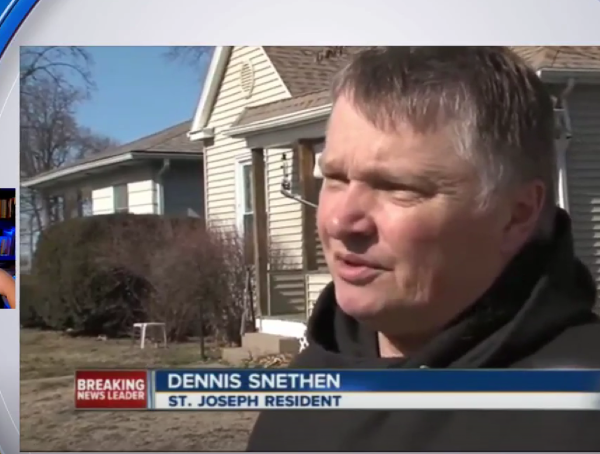In an era where societal tensions simmer, and every tweet can ignite controversy, public relations must stand for more than just image, according to a panel of experts who spoke recently at the University of Mississippi’s School of Journalism and New Media.
With more than 47 years in the industry, Amanda Brown-Olmstead said her firm tries to promote social justice by emphasizing a broader definition of diversity.
“I think that we are at a point in the history of the world with what is going on out there with so much hate that bringing all races, all cultures, all religions, and all gender types together has never been more important nor has there been a better opportunity to really push things forward,” she said.
Victor Scott, II is another veteran who directed communications for Cardinal Health and Boeing. Scott said PR professionals have to act as the bridge between corporate giants and the diverse world that watches them. To make that work, social justice has to be part of a company’s core beliefs.
“It’s easy to live values when nobody’s paying attention, it’s just flying below the radar. But when you’re trending on Twitter, where do you stand? You must pivot towards your values because your employees are looking, your employees and your customers are paying attention in the broader world,” Scott said.
Steve Holmes, former communications director for Home Depot says one of the biggest challenges for PR professionals when responding to social justice issues is creating appropriate messaging.
“I think that even today, we are concerned about our words and not just the words that we use the right way even the tone of voice, compassion, and being genuine are so important. You have to use your best judgment and then ask somebody,” he says.
As humans, Holmes said we are bound to make mistakes, which means we might use the wrong language or make a recommendation to a client that does not resonate with their audience.
“If you have a strategy, you have a vision, you have mission and values that you’re aligned to… you can [still] come out and really mess it up, but relationships can carry, right? So, you have to develop relationships because relationships care for you,” he adds.
All three of these PR veterans emphasized the importance of building relationships and trust with stakeholders over time. Brown-Olmstead described her company’s long history of working with a diverse range of clients. From launching the first fundraising effort for the Martin Luther King Center to sharing the story of Andrew Young, a civil rights icon, politician and preacher.
She explains, “We get to tell this story, we as PR folks [get] to help tell these stories and to help make a connection that is the very best tool we have… we are storytellers, and we have a real job to do and we are the best people to do it.”
Through the power of storytelling, PR strategists can weave social justice into the fabric of a brand. At the same time, Scott said we all have work to do to foster more diversity, equity and inclusion.
“Ask questions to increase your knowledge, your wisdom, then you go utilize wisdom to move action… and if you are authentic and really wanting to learn, it’s an easier conversation. Take that to the workplace.”








